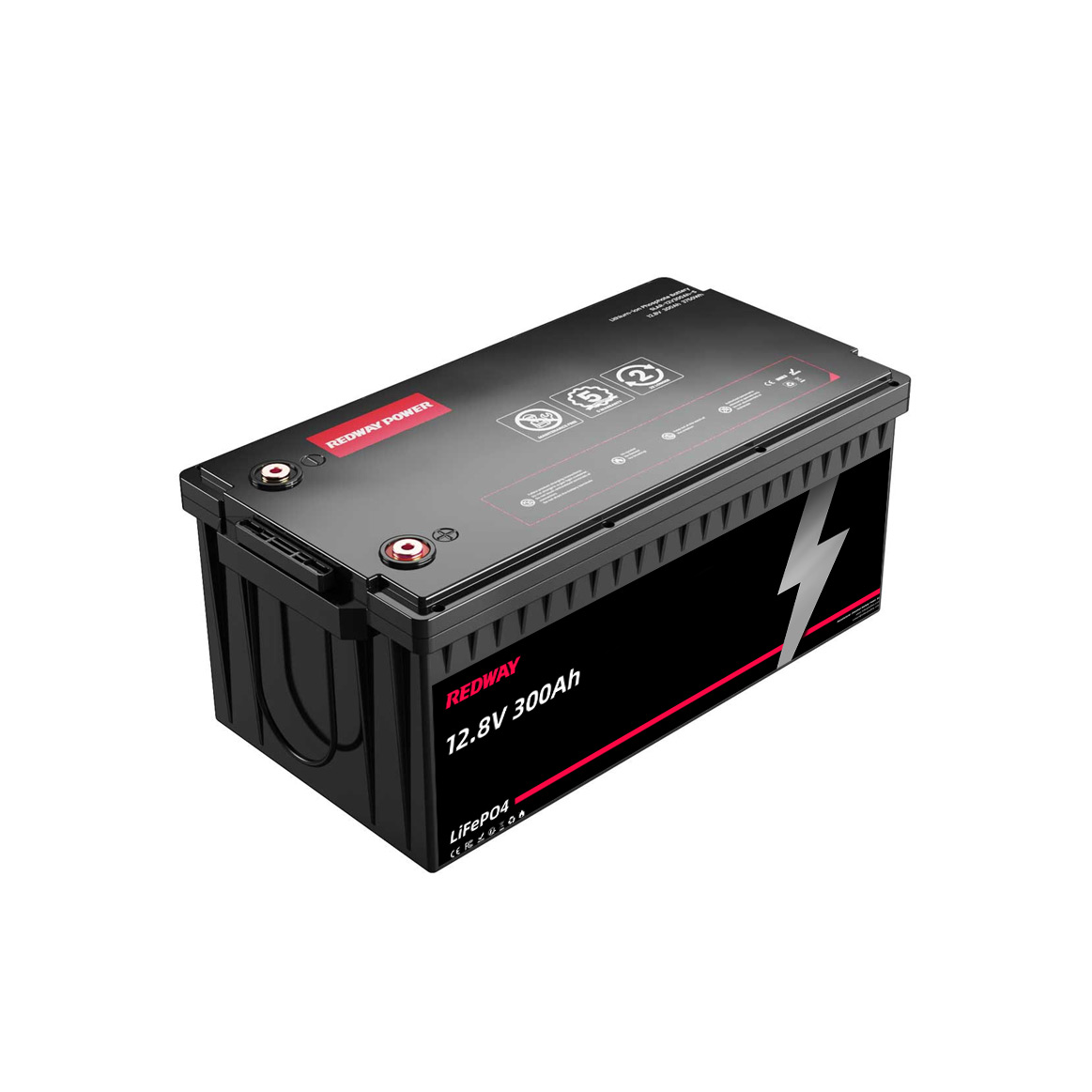LiFePO4 batteries, or lithium iron phosphate batteries, are known for their safety, longevity, and efficiency in energy storage solutions. They offer numerous benefits over traditional battery technologies, making them an excellent choice for various applications. Understanding these advantages and knowing how to choose a reliable battery can greatly enhance your energy management.
What is a LiFePO4 Battery and How Does It Work?
A LiFePO4 battery is a type of lithium-ion battery that uses lithium iron phosphate as its cathode material. This chemistry provides excellent thermal stability and safety compared to other lithium batteries, such as those using cobalt or manganese. The nominal voltage of a LiFePO4 cell is approximately 3.2 volts, and it operates through the movement of lithium ions between the anode and cathode during charge and discharge cycles.
Chart: Basic Characteristics of LiFePO4 Batteries
| Feature | Specification |
|---|---|
| Chemistry | Lithium Iron Phosphate |
| Nominal Voltage | 3.2V |
| Cycle Life | Up to 6000 cycles |
| Thermal Stability | High |
What Are the Key Benefits of Using LiFePO4 Batteries?
LiFePO4 batteries offer several significant advantages:
- Safety: They are less prone to thermal runaway, making them safer than other lithium-ion batteries.
- Long Lifespan: With up to 6000 cycles, they last significantly longer than traditional lead-acid batteries.
- Environmental Friendliness: They contain non-toxic materials and are easier to recycle.
- Stable Performance: They maintain consistent voltage levels throughout their discharge cycle.
Chart: Benefits of LiFePO4 Batteries
| Benefit | Description |
|---|---|
| Safety | Low risk of fire or explosion |
| Longevity | Up to 6000 cycles |
| Eco-friendly | Non-toxic materials |
| Efficiency | Consistent performance |
How Do LiFePO4 Batteries Compare to Other Battery Technologies?
When comparing LiFePO4 batteries to other types, such as lead-acid or lithium cobalt oxide (LCO), several factors highlight their advantages:
- Cycle Life: LiFePO4 batteries have a longer cycle life compared to lead-acid (300-500 cycles) and LCO (up to 2000 cycles).
- Weight: They are lighter than lead-acid batteries, enhancing portability.
- Cost Efficiency: Although they may have higher upfront costs, their longevity results in lower total cost over time.
Chart: Comparison of Battery Technologies
| Type | Cycle Life | Weight | Cost |
|---|---|---|---|
| LiFePO4 | Up to 6000 cycles | Lightweight | Moderate |
| Lead-Acid | Up to 500 cycles | Heavy | Lower |
| LCO | Up to 2000 cycles | Moderate | Higher |
What Factors Should You Consider When Choosing a Reliable LiFePO4 Battery?
When selecting a reliable LiFePO4 battery, consider the following factors:
- Capacity Requirements: Assess the energy needs based on your application.
- Cycle Life: Look for batteries with longer cycle lives for better value.
- Brand Reputation: Choose reputable manufacturers known for quality products.
- Warranty and Support: Ensure there is a good warranty period and customer support available.
Chart: Factors for Choosing a Reliable Battery
| Factor | Considerations |
|---|---|
| Capacity | Match with expected usage |
| Cycle Life | Longer life = better investment |
| Brand Reputation | Research manufacturer reviews |
| Warranty | Look for comprehensive coverage |
How Can You Maintain Your LiFePO4 Battery for Longevity?
To maximize the lifespan of your LiFePO4 battery, follow these maintenance tips:
- Regular Monitoring: Check voltage levels periodically using a multimeter.
- Avoid Deep Discharges: Keep discharges above 20% capacity whenever possible.
- Temperature Control: Store in environments between 32°F and 113°F (0°C to 45°C).
- Keep Connections Clean: Ensure terminals are free from corrosion or dirt.
Chart: Maintenance Tips for Longevity
| Maintenance Task | Frequency |
|---|---|
| Voltage Check | Monthly |
| Visual Inspection | Every three months |
| Temperature Monitoring | Regularly during use |
What Are the Ideal Applications for LiFePO4 Batteries?
LiFePO4 batteries are suitable for various applications:
- Renewable Energy Systems: Ideal for solar energy storage solutions.
- Electric Vehicles: Commonly used in electric bikes, scooters, and cars.
- Backup Power Supplies: Provides reliable power during outages or emergencies.
- Portable Power Systems: Suitable for camping or outdoor activities requiring reliable energy sources.
FAQ Section
How long does a LiFePO4 battery last?
A well-maintained LiFePO4 battery can last up to 6000 cycles, depending on usage conditions.
Can I use my LiFePO4 battery in cold weather?
Yes, but performance may decrease at temperatures below 32°F (0°C); ensure proper insulation if used in extreme conditions.
Is it safe to leave my LiFePO4 battery charging overnight?
Yes, as long as you use a compatible charger with built-in safety features.
Industrial News
The demand for lithium iron phosphate technology continues to grow as industries seek safer and more efficient energy storage solutions. Recent innovations have improved performance metrics across various applications, including renewable energy systems and electric vehicles. Companies are investing heavily in R&D to enhance the capabilities of LiFePO4 batteries while reducing costs.
Redway Expert Insights
Choosing the right battery technology is crucial for any application,” states an expert from Redway Battery. “Our LiFePO4 batteries provide unmatched safety and longevity, making them ideal for both consumer and industrial uses.”




